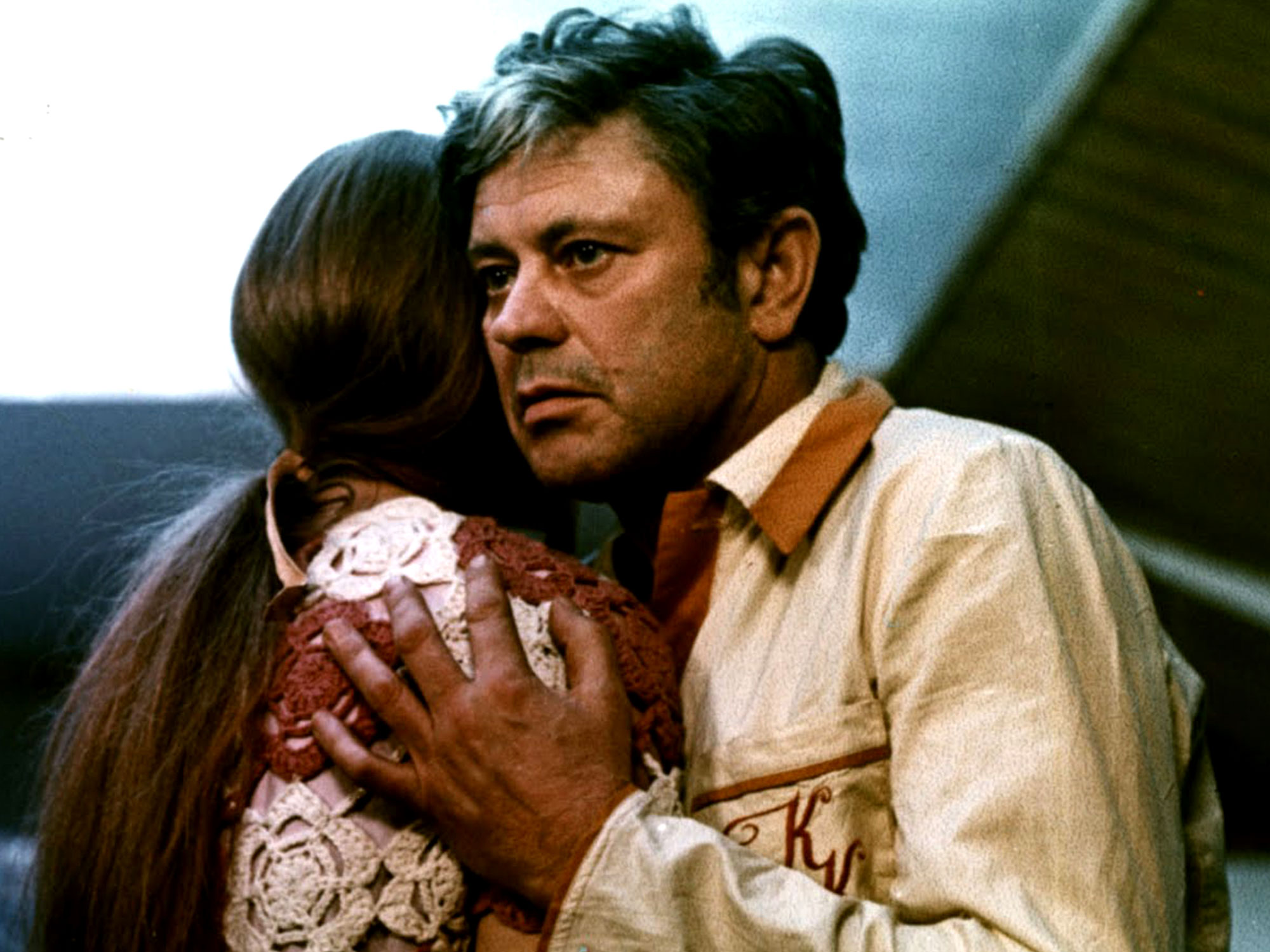For my newest passion blog, I chose to discuss the themes and powerful messages displayed in some of the movies I have recently viewed. I’d like to give you a little context as to which type of films I typically like to watch, but there truly is no context. Basically, whatever I am recommended I watch- from Harold Lloyd’s Safety Last to Yorthos Lanthimos’ The Lobster to really anything else. Since my friend recently recommended Solaris (1972) to me, this film will be the subject of my first blog.

Solaris is cleverly disguised as a science-fiction film at first, but as the plot unfolds it morphs into a discussion of humanity. Solaris takes place in a post World War II universe where a group of three scientists are orbiting a distant planet named Solaris. A psychologist Kris Kelvin is sent to the Solaris station after the scientific team’s messages to Earth became scrambled, crazed writings. Shortly after Kris arrives to the station, he begins to experience mysterious hallucinations of his long-dead wife Hari whom he lost to suicide 10 years prior. After a discussion with the two remaining scientists, it is revealed that the planet’s vast ocean is conscious, and it projects these ersatz apparitions through some form of physic power.
Naturally, this is where things get interesting. For the rest of the film, there is an ever-present struggle between humanity and science. This is the first time in a decade that Kris Kelvin can finally see his wife. While she exists as a mere substitute for the real person, Kris sees here as the true thing, and he becomes attached to this planetary creation. Hari, who was originally unaware of her actual nature but quickly realizes she is not truly human, struggles with the humanity of her own as well. Harkening to the recently argued “Is AI truly conscious? / should they have rights?” discussion of our time, the other scientists on the station belittle Hari as less than human. Despite this, Hari insists she and Kris are more human than anyone else on the station.

In many ways, I cannot answer the questions rising from this film. Of course, the love that Kris and his “wife” share is not substantial, but the mere fact that Hari and Kris can experience this love together cannot be trivial either. After all, what is more human than feeling, and if that does not make someone human, maybe feeling and conscious should be extended beyond the scope of just humanity.
While these may be important questions, the film also introduces another important point: perhaps these questions don’t matter at all. As Kris says to his wife, “You mean more to me than any scientific truth.” Many times in life, we make decisions based solely on emotion rather than logic. While this is typically cautioned against, it raises questions as to what our focuses should truly be on. Like the trip to the distant planet Solaris, we have efforts on Earth in our own timeline attempting to reach Mars and other corners of our galaxy. As we expand our knowledge of the universe, we are ignoring the looming questions of love, death, and our humanity. Perhaps all man needs is a mirror. Maybe, “Man needs man.”
Solaris has, as most great films do, offered much more than just that presented on screen. Films which raise internal discussion and disrupt the ataraxy of our normal thought are the reason I keep coming back to the big screen, for I know these questions won’t leave my mind any time soon.
*I would also like to add that it is a very good film in general and gets increasingly heartbreaking and disturbing. Solaris is definitely worth a watch in 2022, especially since the remake in 2002 sucked…*
This is so interesting! You gave a very thorough analysis of the film. I can’t wait to see what you discuss next!